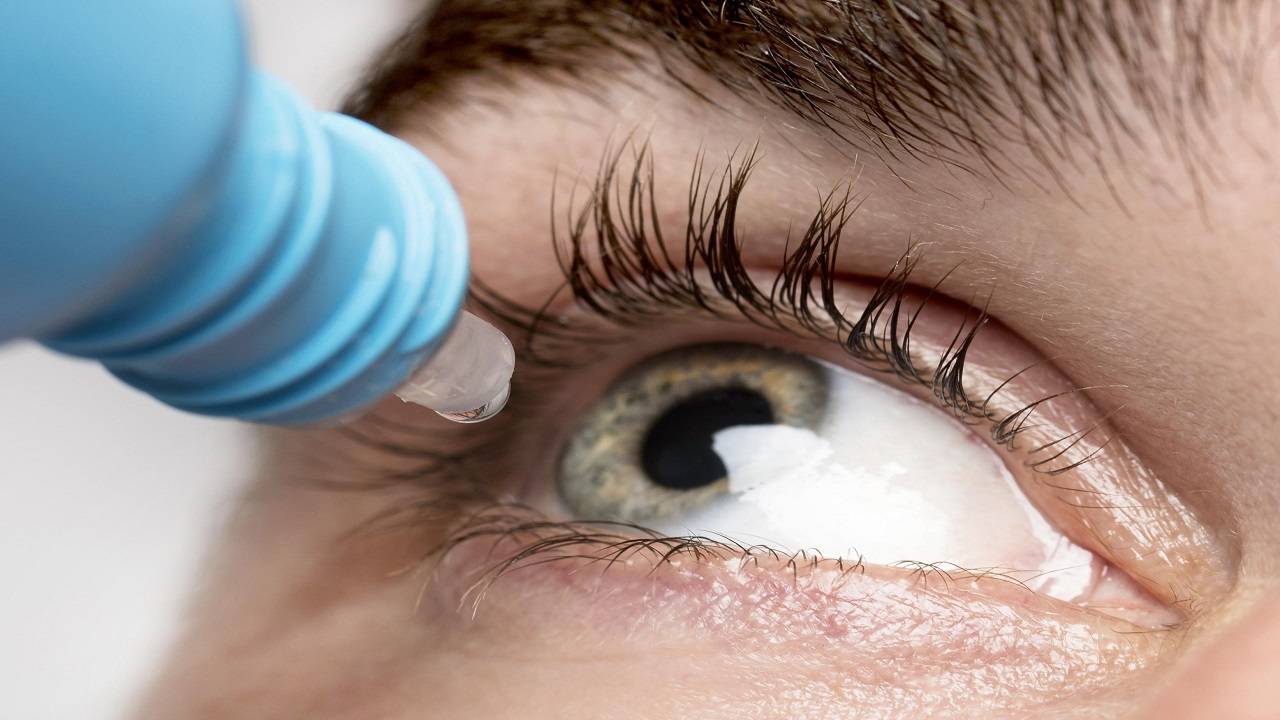
One of the private eye care hospitals in Delhi has reported a total of 1032 cases of Conjunctivitis in the Delhi National Capital Region (NCR), while the nationwide count stands at 1521 cases.
Dr JS Titiyal, Chief of RP Centre for Ophthalmic Sciences at AIIMS, has noted that Delhi is witnessing a concerning rise in Conjunctivitis cases, with around 100 new cases being reported daily.
Typically, Conjunctivitis cases increase during the monsoon season, characterized by symptoms like redness, itching, watering, and sometimes discharge from the eyes, as mentioned by Dr Harsh Kumar, an Ophthalmologist from the Centre for Sight.
These figures represent a significant escalation compared to the same period in the previous year (July 2022), when there were 646 cases in Delhi NCR and 1202 cases nationwide. Dr Samir Sud, Director, and Co-founder of Sharp Sight Eye Hospitals expressed the urgency of heightened awareness and prompt measures to control the spread of this eye condition effectively.
Dr Titiyal emphasized the importance of general hygiene practices such as regular handwashing after coming from outside and avoiding close contact with family members experiencing eye flu. Precautions for those with conjunctivitis include using dark goggles, refraining from swimming, avoiding close contact with others, and not touching the eyes. Children with conjunctivitis are advised to stay away from school for a few days to prevent transmission to other students.
Dr Harsh Kumar shared additional precautionary measures, suggesting avoidance of crowded places and touching common objects like railings or handles. Using only antibiotic eye drops is recommended.
Dr Samir Sud highlighted the significance of maintaining strict hygiene practices to reduce the risk of transmitting conjunctivitis. This includes thorough handwashing, refraining from touching the eyes, and avoiding sharing personal items like towels or eye makeup, all of which can contribute to preventing the spread of the infection.









